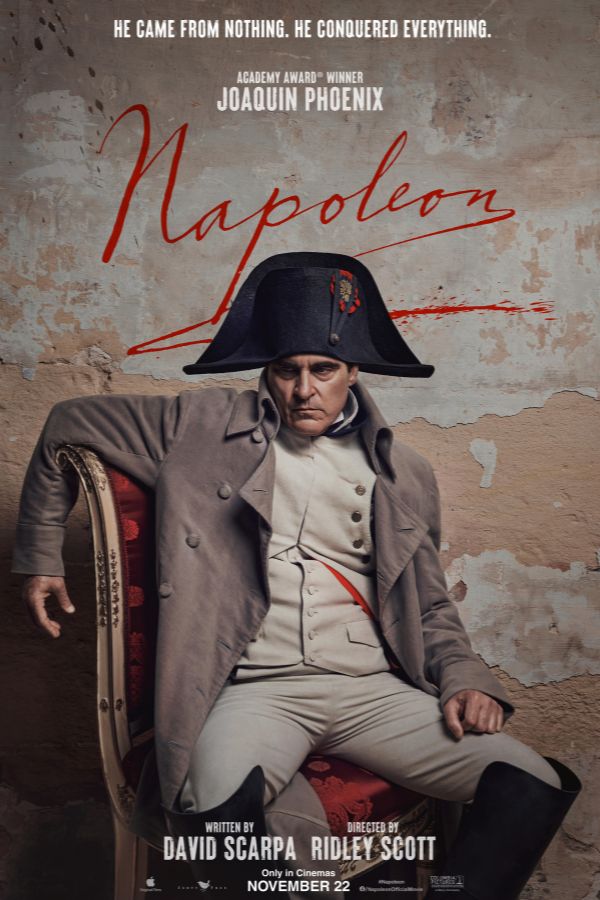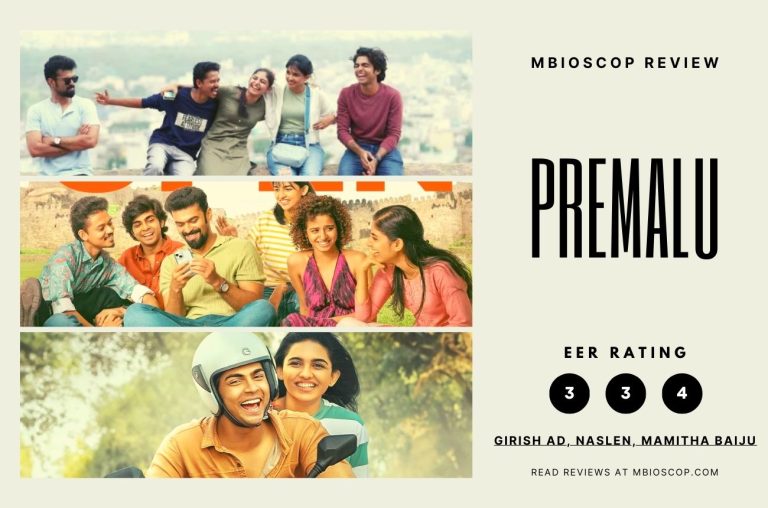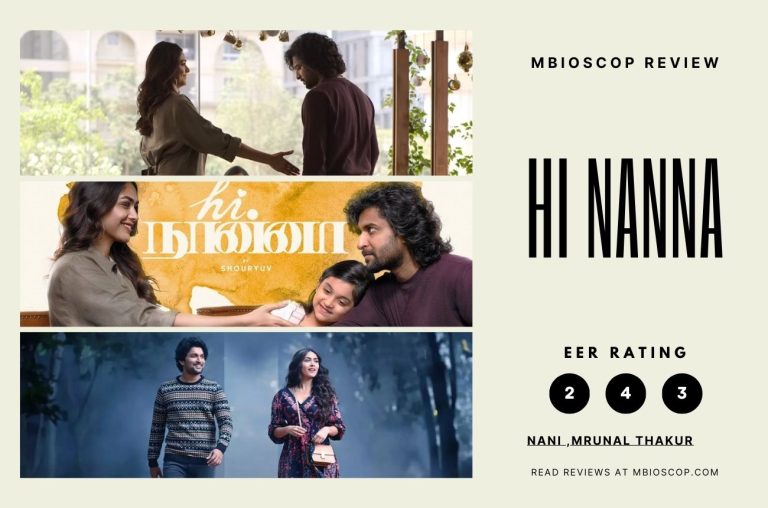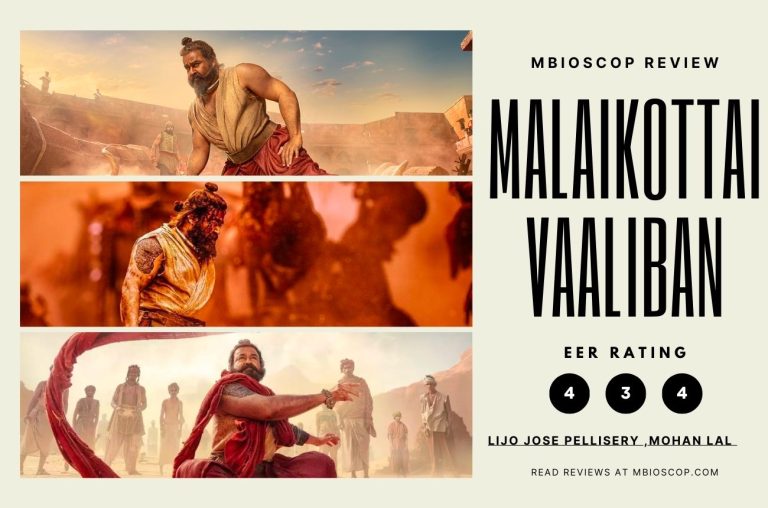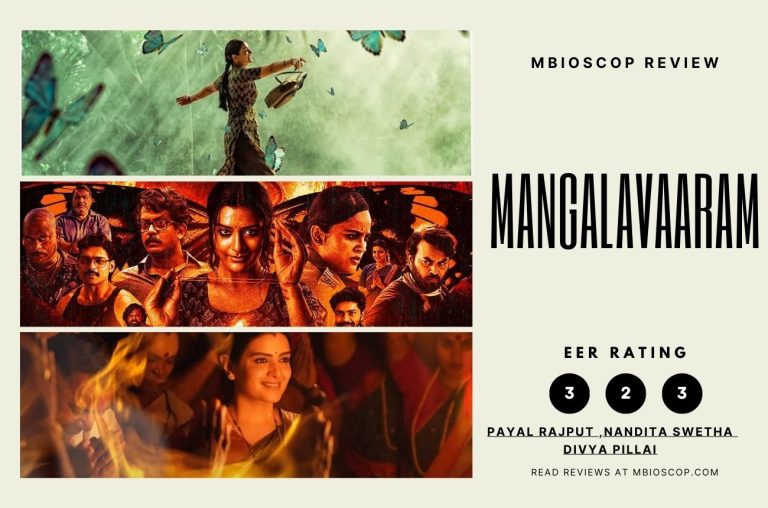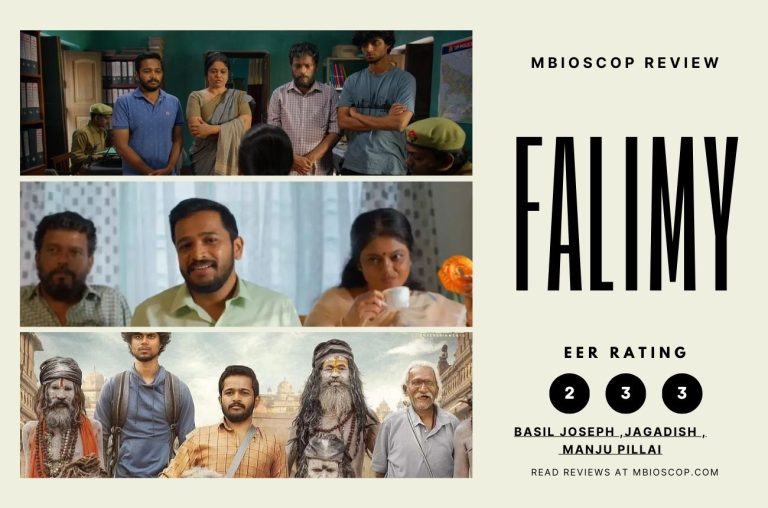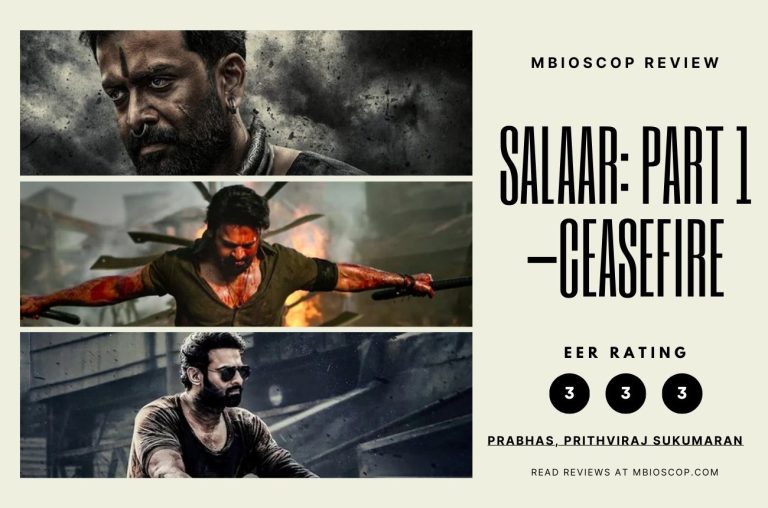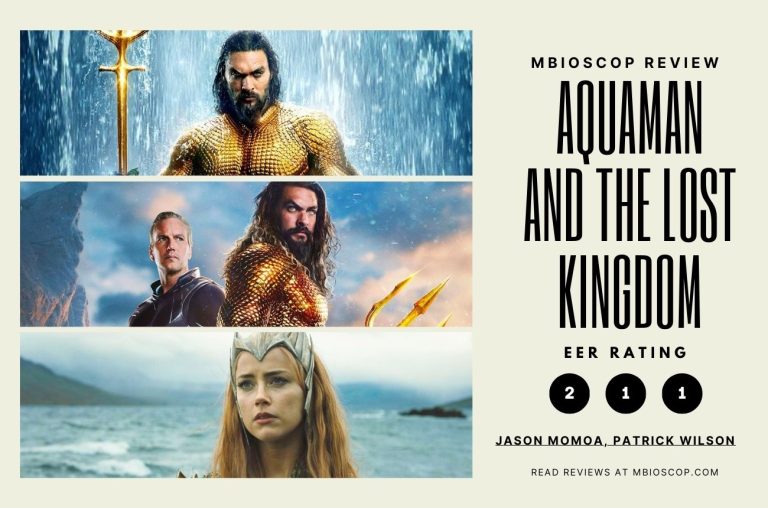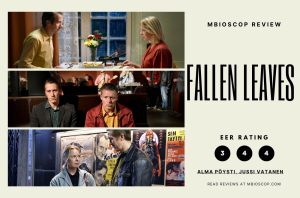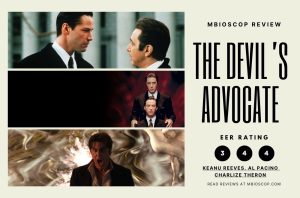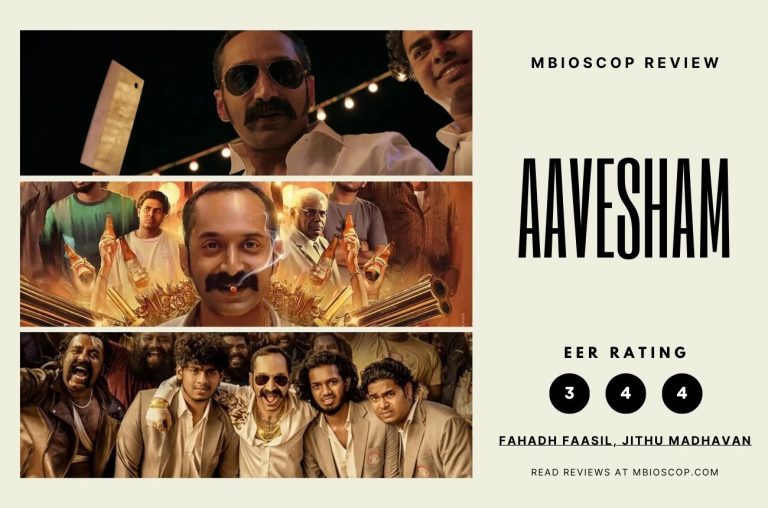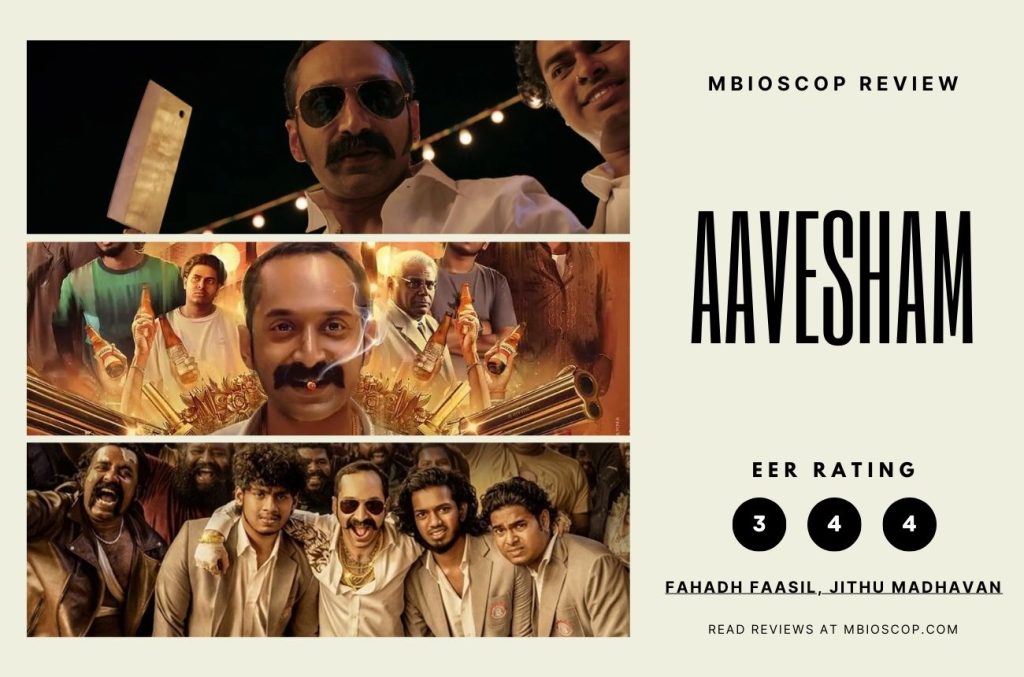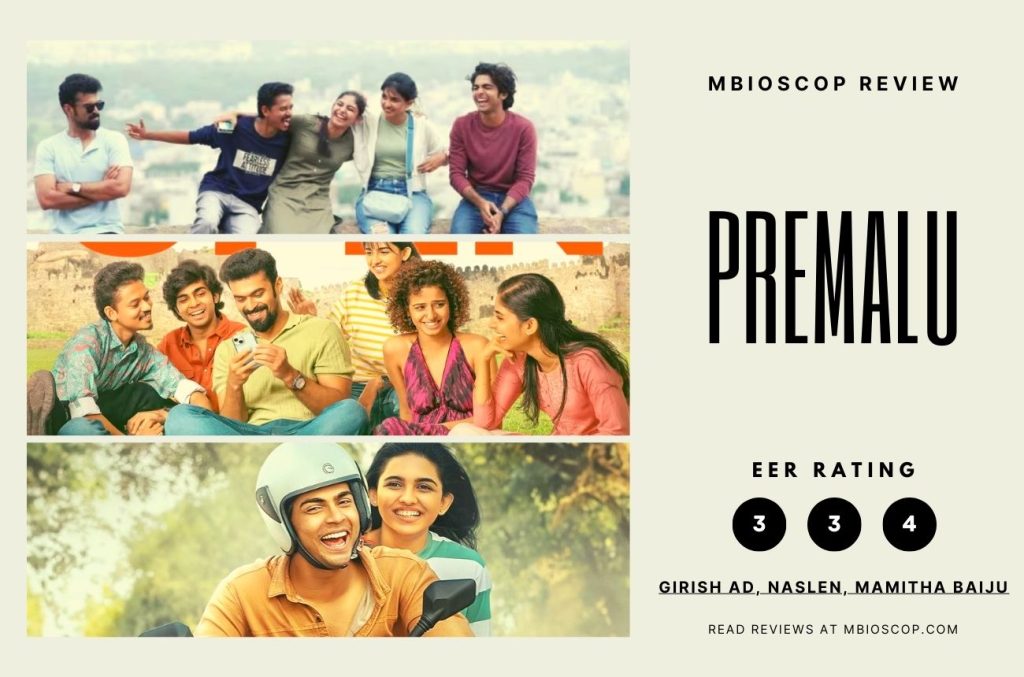Ridley Scott’s grand-scale war epic, “Napoleon,” emerges as a series of masterfully crafted battle sequences desperately seeking a more profound narrative connection. Once again, Scott’s directorial finesse is evident, but it serves a screenplay that feels disturbingly shallow, lacking the passion and purpose needed to seamlessly weave through the significant events in its titular character’s life. The film becomes a visually impressive showcase of explosive moments, overshadowed by the absence of a cohesive and engaging storyline.
Despite the film’s technical brilliance, a phenomenal actor, Joaquin Phoenix, finds himself reduced to a ghostly presence at the movie’s core. His character, Napoleon Bonaparte, is captivating during explosive moments but loses depth in the quieter scenes. The critical counterpart, Josephine, meant to infuse the film with emotional depth, comes across as two-dimensional and hollow, failing to provide the beating heart the narrative desperately needs.
The film excels when the battlefield roars to life in undeniably impressive ways, yet falters when attempting to delve into the intricacies of Napoleon’s life beyond war. One of the core issues lies in David Scarpa’s script, attempting to encapsulate an entire lifetime within a single film. From Napoleon’s rise to power during the French Revolution to his warmongering ways leading to countless deaths and ultimately to his demise in 1821, the film ambitiously spans a vast historical timeline.
A standout moment in the film occurs during the Siege of Toulon in 1793, presented with stunning and graphic detail. Phoenix’s portrayal captures the nerves of a leader facing the chaos of war, hinting at a more human side that the film struggles to fully explore. The sequence is a visual spectacle, from the devastating impact of cannonballs to the haunting figures fleeing aflame ships in the harbor.
However, the film falls short in translating historical events into emotionally resonant storytelling. The supposed backbone of the film, the letters exchanged between Napoleon and Josephine, fails to infuse the project with the expected heat and passion. The emotional depth promised by Napoleon’s sentiments expressed through voiceover remains elusive, making the film remarkably flat in emotional terms.
The portrayal of Josephine by Vanessa Kirby becomes a missed opportunity, with the character never fully realized. Kirby’s Josephine, a mysterious figure mirroring Napoleon before fading into historical fact, fails to provide the necessary dynamic to the film. The film crucially needed to breathe life into their relationship, both in the bedroom and in heated conversations, but unfortunately falls short of this task.
While Josephine ostensibly gives Napoleon the confidence to become a warmonger of historical significance, the film neglects the opportunity for a deeper character study. Questions about the insecurities driving leaders like Napoleon to bloodshed are raised but left largely unexplored. The film’s “just-the-facts” approach to the political and world landscapes of Napoleon’s life is disappointingly unambitious, lacking the depth usually associated with Scott’s storytelling.
Joaquin Phoenix’s typically resonant performances struggle to find depth in a restrained portrayal of Napoleon. The film, by the time it reaches the iconic Battle of Waterloo, leaves the audience with little more understanding of the titular character than when they entered the theater—a glaring issue that hampers the overall impact of the narrative.
Despite its narrative shortcomings, the technical prowess showcased in “Napoleon” may still appeal to enthusiasts of historical war epics. The meticulously crafted battle sequences, featuring bloodied bodies breaking through ice and waves of soldiers charging into battle, exhibit a level of energy that might resonate with fans of the genre. However, the film’s overarching disjointedness and unwieldy narrative detract from its potential impact, making it a surprising departure from Scott’s typically ambitious filmmaking.
In reflection, what’s disheartening about “Napoleon” is its ultimately diminished scale. Unlike Scott’s most divisive movies, which are known for their big swings and big ideas, this film feels strangely small. Perhaps the intended message is that Napoleon Bonaparte truly felt alive only amidst death, a theme the creators should have embraced more fully. Instead, “Napoleon” remains a film that, despite its technical achievements, fails to reach the heights one would expect from the usually ambitious Ridley Scott.


